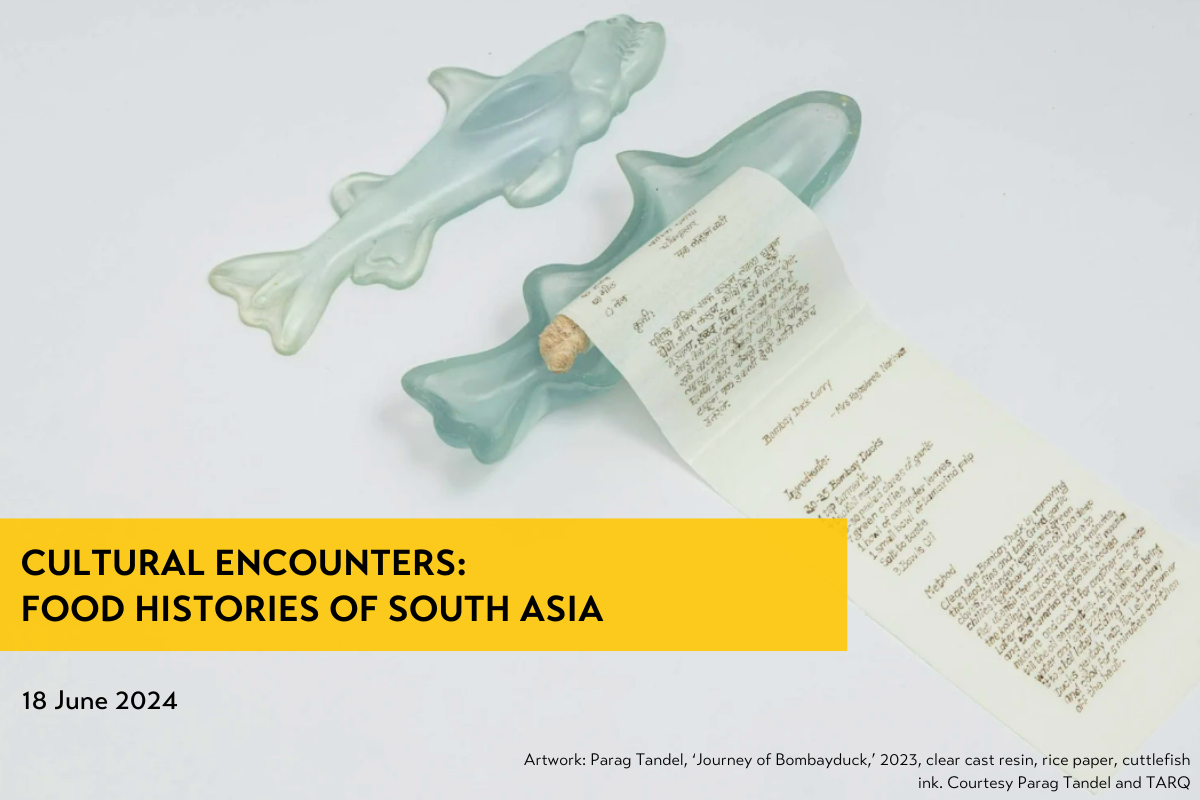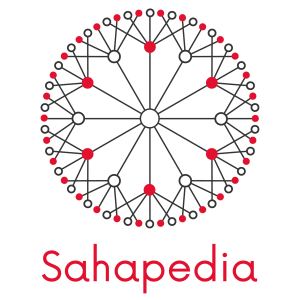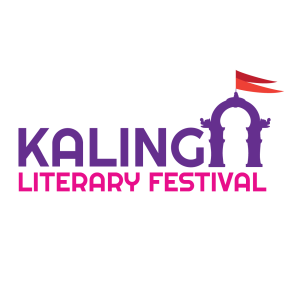Cultural Encounters: Food Histories of South Asia
VIEW EVENT DETAILSTuesday, 18 June 2024, 6:00 pm

A study of the countries of South Asia reveals a closely linked set of histories concerning food as people have moved, lands have shifted, and new ingredients have been discovered and put to use. Tea, a staple in China, over the years became associated with the British owing to colonialism, and came via that route to India. Now, chai, or cha, or kahwa, to list just a few ways tea is known, is as much a part of food habits in South Asia as in China, and has adapted itself to the climate, ingredients and social customs of the specific regions where it is consumed. Biryani, the indulgent, rich, multilayered rice, meat, vegetables, saffron and spices dish, takes on new forms every few hundred kilometres: from Madurai to Hyderabad to Lucknow to Lahore to Turkey. Said to be introduced into India by the Central Asians and Iranis, it took on a local flavour, revealing a culture of movement and travel. Even coffee, in the nineteenth century a drink for “Europeans” and “higher classes,” changed in Tamil Nadu, taking on an enjoyable, affordable, every day part of life, available in every roadside stall, restaurant, and home. Salt, chillies, potatoes, rice – all the components of our food come from different parts of the world. Food moves through people, through culture, making it what theorist Arjun Appadurai calls a “highly condensed social fact.”
As we explore the cultural history of South Asia, we will turn our focus in week two to Food Histories of South Asia. What do histories and origins of food reveal about the confluence and interaction of communities in south Asia? How does migration, exploration and change impact what we eat today? And, most importantly, can a region so diverse, and multicultural ever be defined by a particular type of food?
This is the second session of Cultural Encounters: South Asian History in the 'Third Space,' this year's edition of our annual summer learning series, taking place virtually over June and July. Over four sessions and with panels of experts, we will explore the ways in which cultural similarities, hybridity, and interaction have shaped South Asia. The programmes focus on the colonial vs. local; food histories; religious histories; and histories of freedom. For more, visit this link.
OUTREACH PARTNERS





